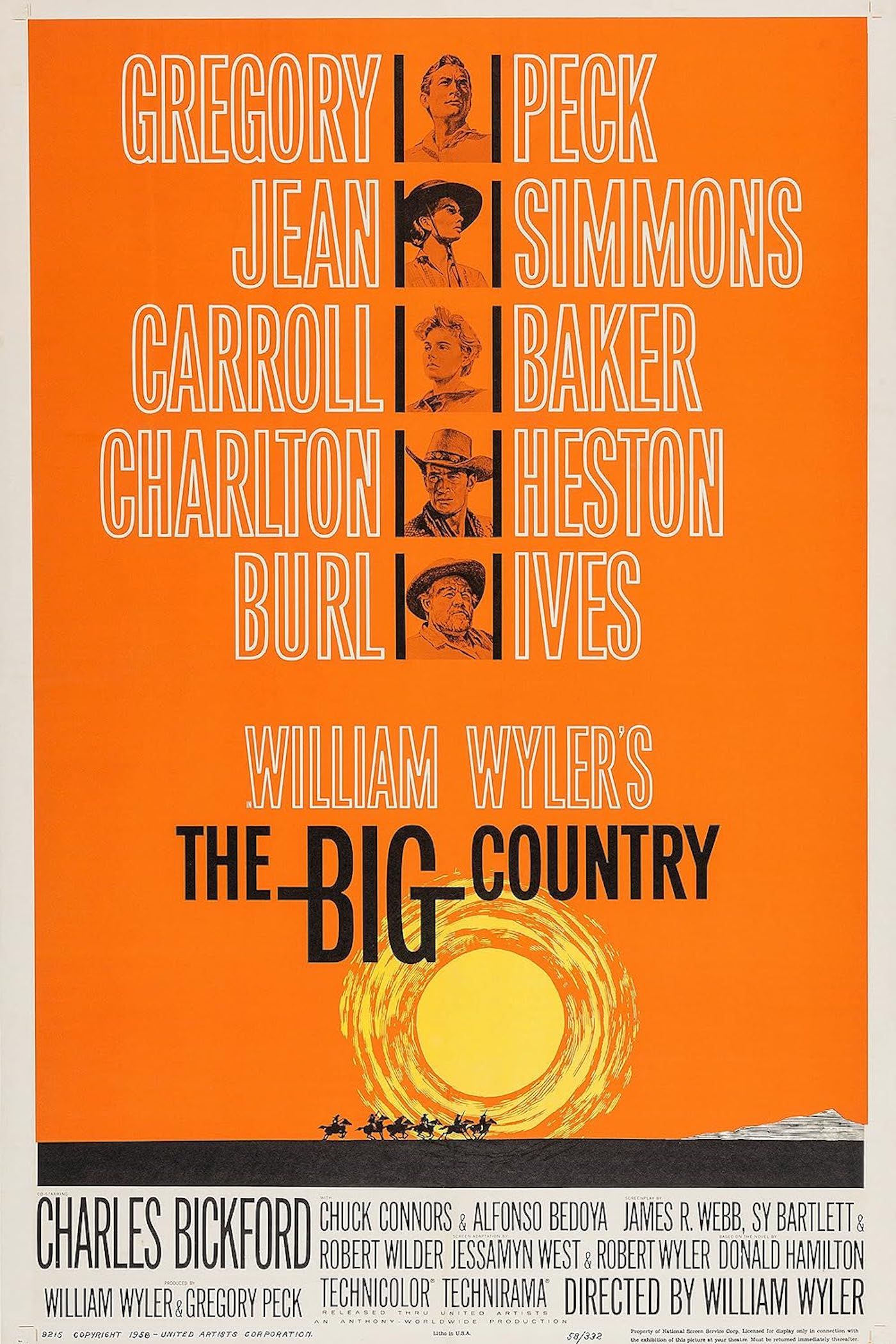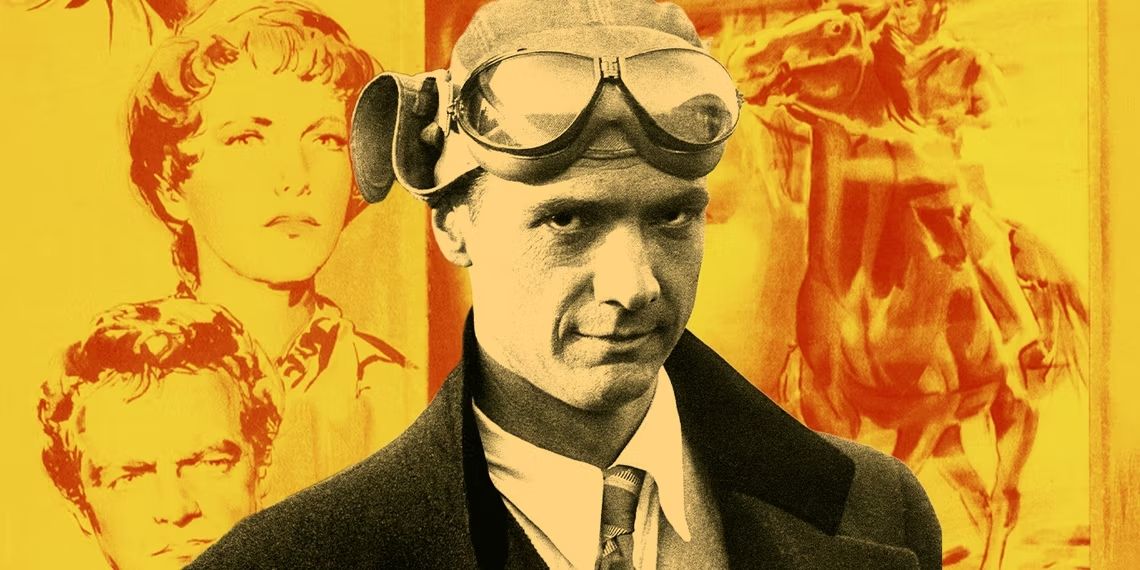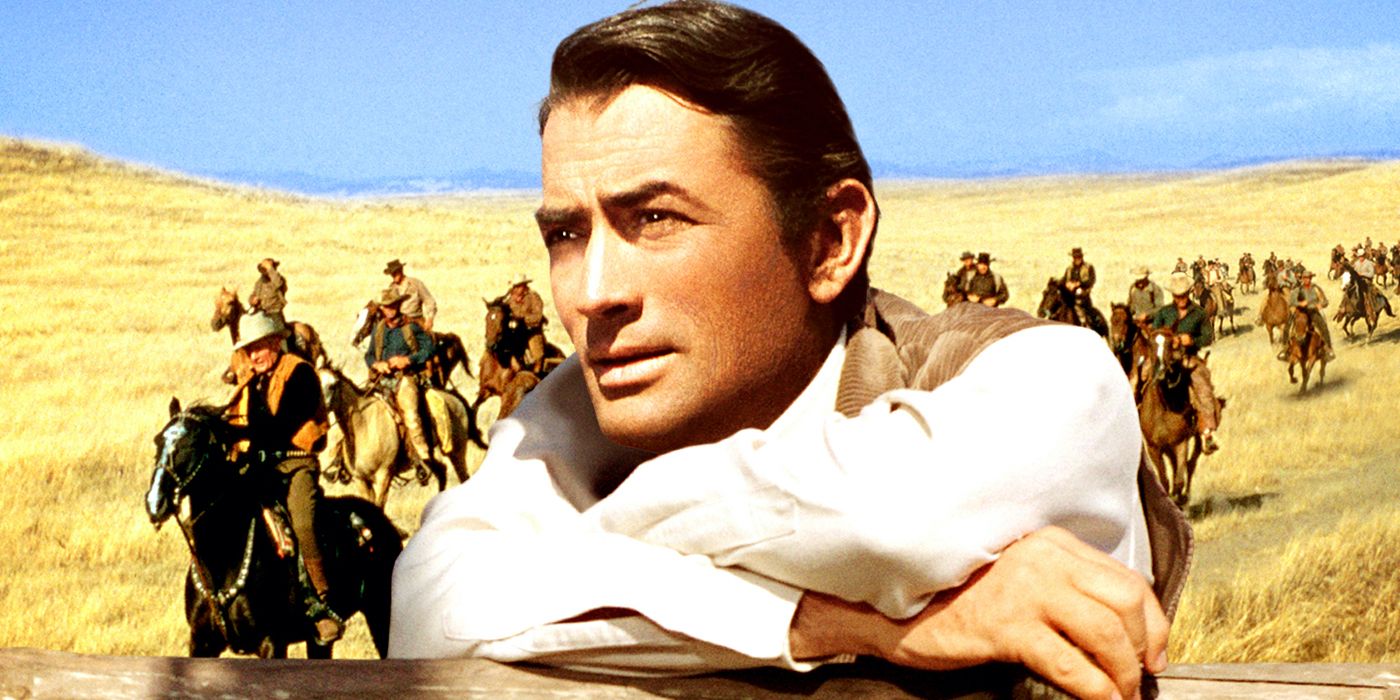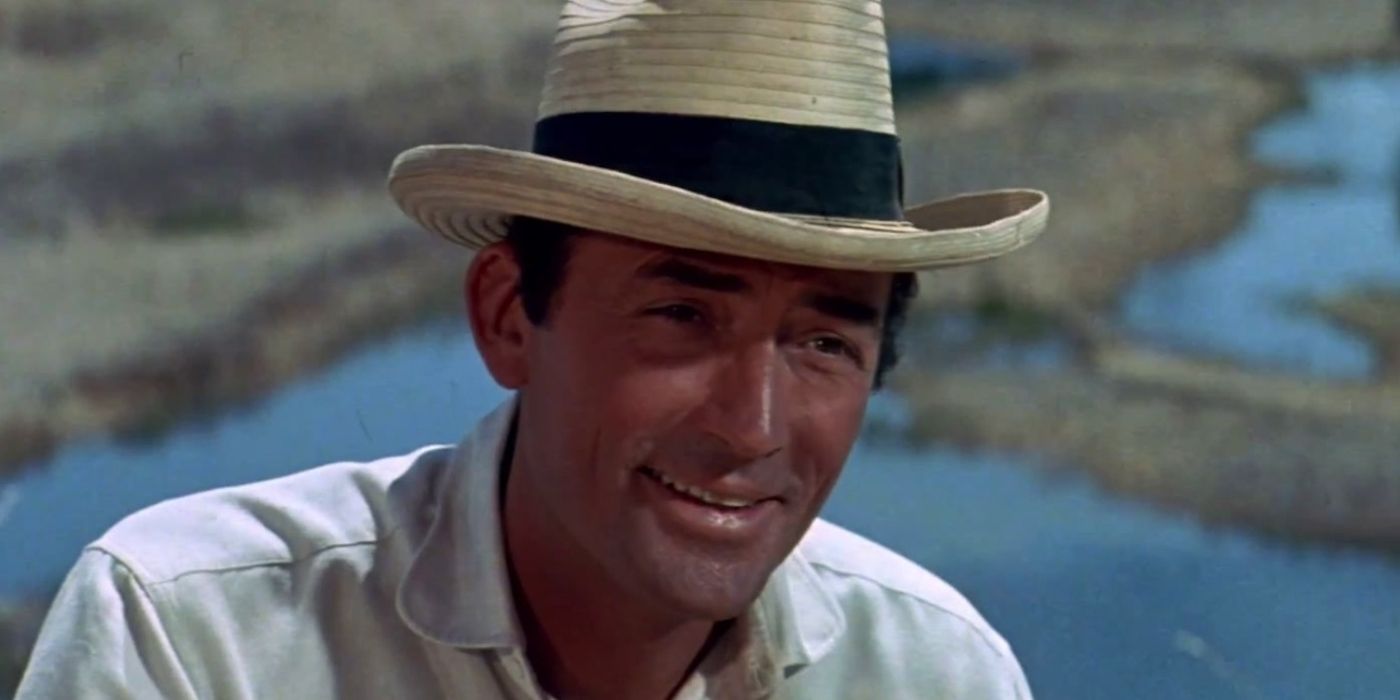The Big Picture
- Presidents have always had an intriguing relationship with Hollywood, with both Woodrow Wilson and Joe Biden attending movie screenings during their terms.
- Bill Clinton was a huge fan of the film High Noon and watched it 20 times during his presidency, while Dwight Eisenhower loved The Big Country and saw it four times in a row.
- U.S. presidents have diverse cinematic tastes, with films like All the President's Men and Black Hawk Down being favored by Jimmy Carter and George W. Bush, respectively.
A powerful link has long existed between the White House and Hollywood. This connection is evident in the abundance of films depicting presidents, and most notably, in the two Hollywood stars that have graced the Oval Office: Ronald Reagan and Donald Trump. This intriguing dalliance between American pop culture and politics began when the 28th U.S. president, Woodrow Wilson, conducted the first recorded White House movie screening in 1915 with D.W. Griffith's The Birth of a Nation. He courted controversy after hailing it as, "It is all so terribly true," when the film had a KKK character portrayed as a hero. Since then, U.S. presidents have had interesting relationships with Hollywood.
President Joe Biden recently broke tradition to attend a public cinema to see Christopher Nolan's Oppenheimer, describing it as "compelling". For Bill Clinton, the White House in-house cinema was the crown jewel of his presidency. Among its treasures, Fred Zinnemann's quadruple Oscar-winning Western, High Noon, starring Gary Cooper, held a special place. This gripping tale of moral responsibility in the face of adversity, resonating deeply with his political journey, had him glued to the screen showing the film no fewer than 20 times throughout his term. Talk about dedication! High Noon is also popular among other U.S. presidents, including the famous White House movie buff, Dwight Eisenhower. However, President Dwight Eisenhower's fascination was with the 1958 Western The Big Country, which he saw at least four consecutive nights of his presidency.

The Big Country
A New England sea captain in the 1880s arrives at his fiancée's sprawling Texas ranch, where he becomes embroiled in a feud between two families over a valuable patch of land.
- Release Date
- August 13, 1958
- Director
- William Wyler
- Cast
- Jean Simmons , gregory peck , Charlton Heston , Carroll Baker , Burl Ives , Charles Bickford , Chuck Connors
- Runtime
- 166 mins
- Main Genre
- Western
- Studio
- United Artists
What Is 'The Big Country' About?
The Big Country is a film that deconstructs the violence of the Wild West, juxtaposing the ideological differences between America's old West and the comparatively lawful East. Directed by William Wyler, The Big Country stars Gregory Peck, Jean Simmons, Carroll Baker, Charlton Heston, and Burl Ives. President Eisenhower was drawn into the story of former sea captain James Mckay (Peck), an Easterner, who moved to the American West to see his fiancée Patricia (Carroll Baker), at her father's majestic ranch. Patricia introduces McKay to her friend Julie Maragon (Jean Simmons), a school teacher who owns an even bigger ranch she inherited called The Muddy. Patricia and McKay are accosted by a group of drunks led by Buck Hannessy, the son of Rufus Hannessy, a sworn enemy of Patricia's father, Henry Terrill. After learning of his daughter and future son-in-law's peril at the hands of the Hannessys, Henry Terrill a.k.a The Major, against McKay's wishes, sends his pack to punish the offenders. Unable to find Buck or his father Rufus, they terrorize those present, mostly women and children, beating some of Buck's posse members and shooting holes into the Hannessys' water reservoir.
Patricia's father organizes a huge party at his sprawling home for his daughter ahead of her wedding to McKay. During the party, Rufus pays a visit and delivers a memorable, show-stopping, scathing speech aimed at Terrill, rekindling the feud between the two families. Gregory Peck's McKay finds himself at the center of this conflict and tries to use his East-born diplomacy to settle this Western feud.
McKay serves as a lens into The Big Country, satirizing the Wild West's obsession with violence through his repeated refusals to be drawn into brawls. Even when labeled a coward by his fiancée, he defiantly declares his lack of need to prove his bravery daily, especially not to her. This deliberate subversion of cowboy archetypes echoes themes later explored in Kenny Rogers' hit song "Coward of the County," though predating the song by four decades. In McKay's peaceful defiance, The Big Country paints a portrait of a nascent lawful American West, where true strength lies not in impulsive brawling, but in the courage to break free from its brutal code.
President Dwight Eisenhower Was a Movie Buff Whose Favorite Film Was 'The Big Country'
Dwight Eisenhower enjoyed the cinematic world of escapism, particularly Westerns that offered clear-cut moral conflicts. According to The Telegraph, he particularly loved High Noon, which was also popular among other U.S. presidents, seeing it three times in the course of his presidency. High Noon is a moral quandary pitting the sense of duty against individual goals. It is a story about a town Marshall who must decide between facing a gang of killers in the town alone or leaving the town with his newlywed wife. Interestingly, legendary actor John Wayne held a different view from the former White House tenants, describing High Noon as “the most un-American thing I’ve seen in my entire life.”
But The Big Country was Eisenhower's true love — cinematically speaking. He saw it four times over his presidency, according to Paul Fischer, the White House projectionist who kept logs of his boss's movie-related activities. Perhaps his liking for the film was due to how his own life parallels Gregory Peck's character, McKay. After years at the front line of war, Eisenhower, a former military man, had taken up the presidency "to fix his country." Like McKay, perhaps Ike, as President Eisenhower was nicknamed, felt his life reflected in the film. He was the president of the free world, and a lot of responsibility was bestowed upon his shoulders. He had to make sacrifices for them.
What Were Other U.S. Presidents' Favorite Films?
Per The Telegraph, U.S. presidents have had diverse cinematic tastes, with High Noon holding the top spot. Bill Clinton, a fervent fan, watched it a staggering 20 times during his presidency, likely finding solace in the film's exploration of duty and sacrifice. He also particularly enjoyed the state-of-the-art 42-seater White House theater, a privilege afforded to the head of state thanks to the visionary work of Franklin and Eleanor Roosevelt. Surprisingly, Roosevelt's personal film preferences leaned towards lighthearted comedy. He was reportedly a devoted viewer of the Mickey Mouse shorts, perhaps finding their playful optimism a welcome escape from the immense burdens of his presidency, marked by the Great Depression. When not seeking refuge in animation, Roosevelt embraced slapstick humor, frequently inviting Abbott and Costello for live performances at the White House.
Harry Truman, immortalized in Christopher Nolan's Oppenheimer as the president who weighed the fateful decision on the atomic bomb, found comfort in John Ford's Western classic, My Darling Clementine. This preference seems to align with Truman's decisive leadership style. My Darling Clementine, unlike The Big Country, offered a "violence for violence" solution to the lawlessness of the Old West. The film was based on a legendary 1881 gunfight in Tombstone, Arizona, pitting legendary lawmen brothers Virgil, Morgan, and Wyatt Earp alongside temporary police officer Doc Holliday, against a group of outlaws collectively called "Cowboys" who included Billy Claiborne, brothers Ike and Billy Clanton, and another set of brothers Tom and Frank McLaury.

Howard Hughes Is Why Paramount Turned a B-Movie Into an Oscar-Winning Western
Paramount was sure this iconic Western was a B-movie, and boy were they wrong.Jimmy Carter, ever the man of the people, preferred action flicks like Top Gun, but he wasn't afraid to delve into historical dramas, like All the President's Men, for his first White House screening – a film based on the Watergate scandal that ousted his predecessor, Richard Nixon. In contrast, George W. Bush favored gritty historical war films like Black Hawk Down, while Barack Obama, a self-proclaimed cinephile, enjoyed classics like The Godfather and Lawrence of Arabia. Donald Trump kept his finger on the pulse of popular culture, seeing trending films like Joker and Finding Dory. Before becoming a White House tenant, Trump had made cameos of himself in movies like Home Alone 2 and Zoolander. This diverse range of cinematic choices offers a glimpse into the multifaceted personalities and coping mechanisms of these historical figures.
William Wyler Had a Problematic Relationship With Actors When Making 'The Big Country'
William Wyler is undeniably among the best directors Hollywood has ever had. He is only second to John Ford in the number of Oscars he has won for Best Director, but holds the record for most Academy Awards for the films he has directed, and has the most Oscar nominations for his directorial role. Wyler also holds the record for the director whose performers have won the most Oscars. As incredible as his record is, Wyler's relationship with actors wasn't always harmonious. On the set of The Big Country, he severed relationships with Gregory Peck, Jean Simmons, and Carroll Baker. For a director who was infamous in Hollywood for his many retakes, Wyler ironically refused Gregory Peck's request for a retake of Peck's performance in the opening sequence of the film featuring Peck and Baker. Their disagreement over the issue would lead to a three-year silence between the two before they reconciled. Jean Simmons recalls her experience with the director as "very, very, cruel." Charles Bickford stormed off set under his pressure. Carroll Baker simply refused to talk about her experience on the set of The Big Country.
On the sets of other films, Wyler had problems with other actors too. Olivia de Havilland infamously threw a suitcase at him during the making of The Heiress after she got exhausted by Wyler's repetitive takes. Henry Fonda, after 40 grueling takes on Jezebel (1938), finally demanded to know why. Wyler's response was brutally honest: "It stinks. Do it again." Yet, despite all the trouble behind the scenes, The Big Country is the film that President Eisenhower fancied the most.
The enduring fascination of presidents with iconic Westerns like The Big Country and High Noon speaks volumes about America's self-image. These tales of frontier lawlessness and moral dilemmas hold up a mirror to the nation's past and present, offering a space to grapple with questions of justice, violence, and the true meaning of progress. Perhaps, for the leaders tasked with guiding the nation's future, the dusty plains and rugged heroes of the Wild West offer a timeless source of inspiration and caution.
The Big Country is available to stream on Fubo in the U.S.


